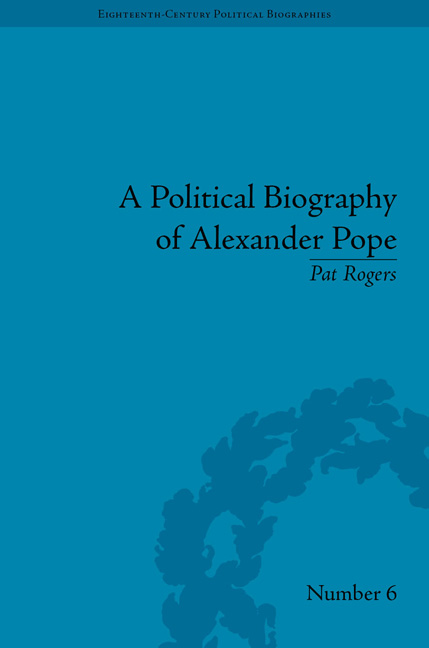Epilogue: After Walpole
Summary
A few good deeds done me, a few valuable friendships allowed me … are what I pray for and am content with; and I do not exaggerate the matter at all, when I say I prefer some ten or twelve months of my whole life spent at Cirencester, Dawley, and so forth, to a long and glorious reign of an hundred years upon Parnassus after my death.
Pope to Bathurst, 8 October 1737Early in 1742, events finally caught up with Robert Walpole. A year before he had survived an attempt to unseat him, led by a doughty Whig and henchman of Pulteney named Samuel Sandys. But this time he could hold on no longer. The vice in which he had gripped the House of Commons for more than two decades slipped from his hands. Gradually his majority had shrunk to nothing, and when it fell on 2 February to a minority of sixteen, he promptly tendered his resignation to the reluctant King. The Tories played a part in his downfall, almost the first time they had affected the course of major events since they suffered eclipse in 1715.
For an instant, the political world stood still. A generation was growing up who could barely remember a world with anyone else at the head of the government. The Prime Minister had enormous staying power, built around some remarkable qualities – shrewdness, self-confidence, patience, a mixture of compliance in some areas with brutal determination in others. People found him a loyal friend but an implacable enemy. While he did not exactly possess a sophisticated grasp of what we would call economic theory, he had an unrivalled knowledge of public finances. He had a thick skin, and never courted popularity, as long as he was able to rustle up enough votes in parliament. Walpole is no longer a household name, even among those with an interest in politics. The fact that he held office longer than any subsequent British premier comes up occasionally among trivia questions in a pub quiz, but few people realize the scale of his achievement in putting the nation back on an even keel after it had floundered in the waves of the South Sea Bubble.
- Type
- Chapter
- Information
- A Political Biography of Alexander Pope , pp. 225 - 232Publisher: Pickering & ChattoFirst published in: 2014



